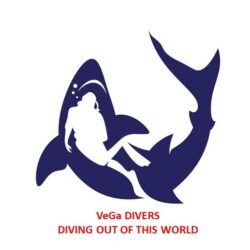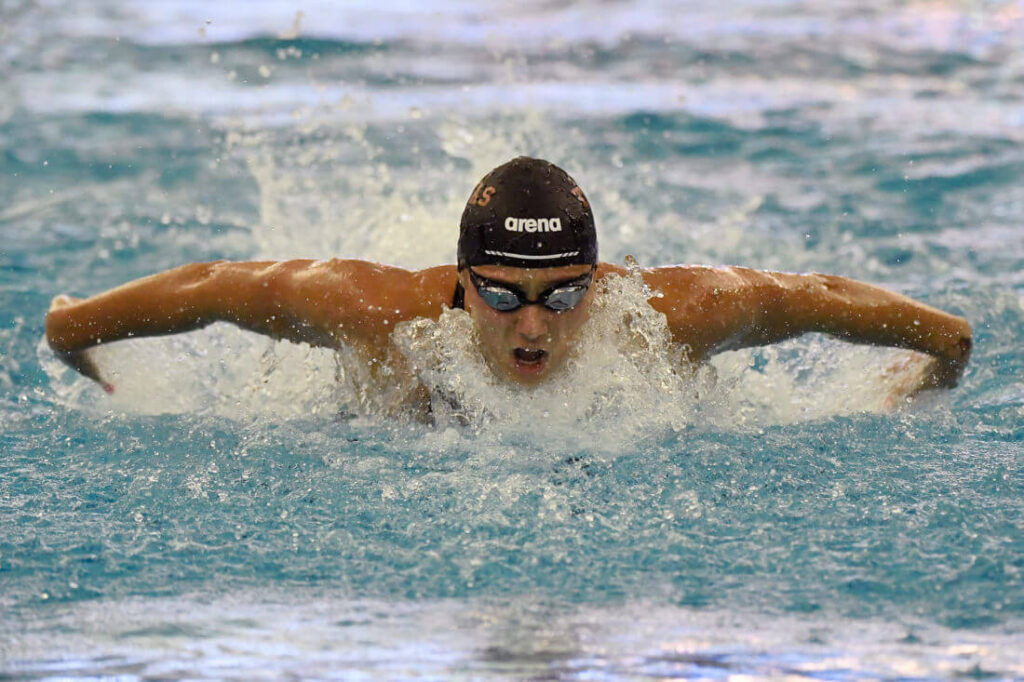WELCOME
Introduction
Even though diving is said to be 60% mental and 40% physical, there may be times when the diver needs to work hard and exert a lot of physical effort—for example, swimming against a current, climbing up a beach or steep hill, or getting back onto a dive boat after the in-water phase of a dive is over.
A certain amount of physical strength and good cardiovascular health is required. This does not mean that you have to be an Olympic athlete, but at the same time, being overweight and being short of breath after a short walk is not good for diving. So, if you are not doing so already, start to make an effort to keep yourself healthy and do regular exercise to build up the efficiency of your cardiovascular system. This will help make you a better and a safer diver.
Pressure effects on Divers Body
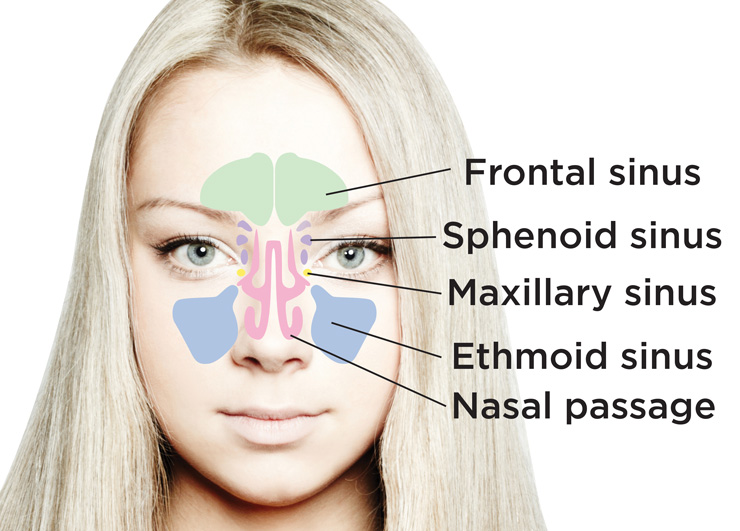
Effects of Pressure as you descend
The immediate effect of pressure is noticed on he Ears, Sinus, Mask, chest, abdomen
Ears
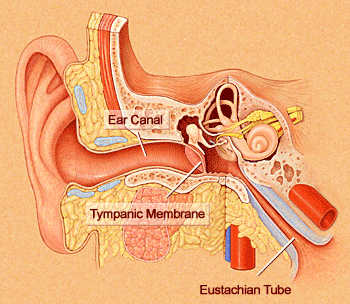
During a scuba dive, pressure changes rapidly. The fastest change is in the first few meters or feet. Therefore, it is very important to equalize early, often, and approximately every 1 meter/3 feet on the way down.
There are air pockets in your ears and sinuses. As you descend, water pressure squeezes the air in these spaces causing discomfort (and if ignored, it can cause potential harm). Therefore, you must equalize the pressure by the various methods taught by your instructor.
Never dive with a cold or sinus infection, because this will impair your ability to equalize, and it may result in damage to your ears or sinuses. You can have blockages caused by mucus buildup that can damage ears. It can Cause REVERSE BLOCK as you ascend from the dive.
Sinus Spaces
You may get a squeeze as you descend. A squeeze is a pressure imbalance in which pressure outside an air space exceeds pressure inside an air space, resulting in discomfort and pain. To reduce the risk of this, you need to equalize.
You may have airspaces in filled teeth where a filling has eroded. Can Cause severe pain in the teeth area. If this is a problem, seek medical advice because this space cannot be equalized.
How to equalize
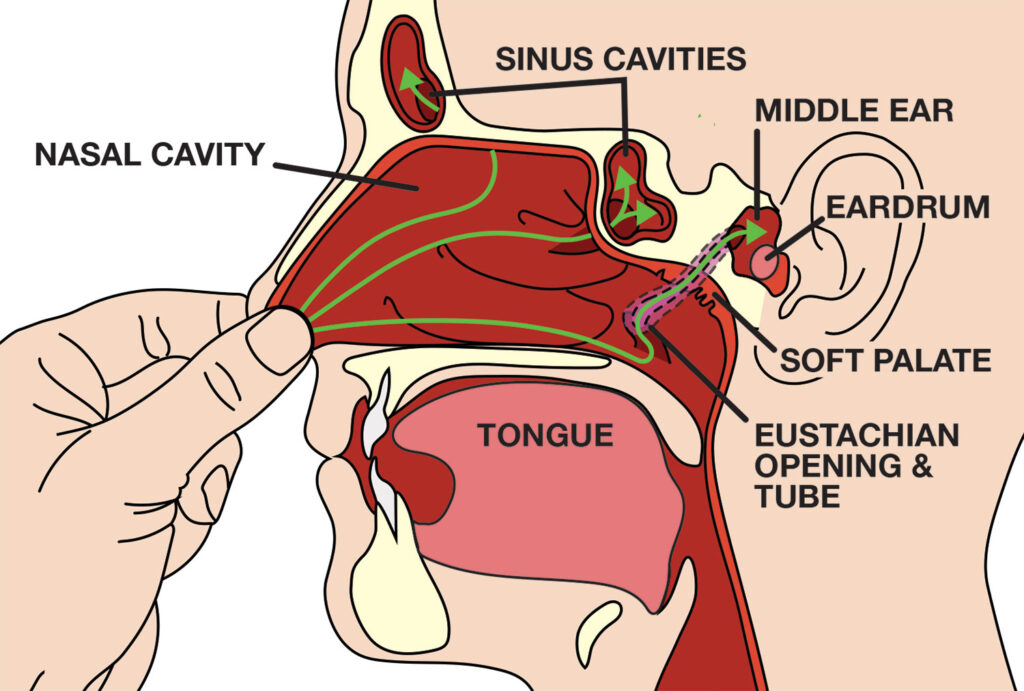
Understanding Equalization
It is very important to maintain equal pressure in your air spaces to the surrounding pressure. This is known as equalization and involves adding air to these spaces as you descend. You will most likely already have experienced these changes in pressure at some point in your life—whether going over a mountain, traveling in a plane or being at the bottom of a swimming pool.
Small changes in pressure may be managed by simply swallowing or wriggling the jaw. You will typically hear a pop or crackling sensation in your ears when the pressure equalizes.
Valsalva Maneuver can be useful, Block the nose and push air against it, the air will travel thru the Eustachian tubes into the ears and push ear drum outwards and causes POP, happens when equalized. This simultaneously will equalize your sinuses also. (Picture at bottom)
Guidelines for Equalization
It is always a good idea to equalize before you enter the water. This helps open up the spaces and helps ensure you can, in fact, equalize. Do not force or blow too hard because it may cause damage. If you feel discomfort or pain on descent, follow these guidelines.
- Ascend about 1 meter/3 feet, and try equalizing again. Swallowing and wiggling the jaw can also help. Do not overdo it.
- If you continue to feel pain or discomfort, it is better to abort the dive. Make sure you let your buddy, divemaster, or instructor know you are having issues by using the correct hand signal.
- If you need to abort the dive, ensure you follow correct ascent procedures. Do not rush, but follow a slow and controlled ascent.
- If pain persists or if you have a full feeling in your ears or sinuses, trouble hearing or dizziness, or blood in your mask after a dive, seek immediate medical advice. While most ear or sinus problems will be relatively minor and resolve themselves in a few weeks or so, seeking medical advice is very important to prevent further complications.
If a diver does not equalize early or often enough, the pressure differential can force the soft tissues together, closing the ends of the Eustachian tubes. Forcing air against these soft tissues just locks them shut. No air gets to the middle ears, which do not equalize, so a barotrauma results. Even worse, blowing too hard during a Valsalva maneuver can rupture the round and oval windows of the inner ear.
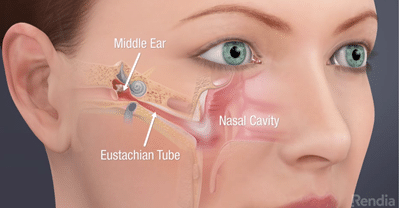
Remember…
Do not dive if you are unwell or congested. Consult a qualified diving physician before taking any treatment for sinus or ear problems related to diving. Inform your dive professional about any medical advice or treatment you may be receiving.
Reverse Block
A less common occurrence is what is known as reverse block. This occurs when an air space closes off during a dive, perhaps as a result of inflammation or mucus forming. As you ascend, the expanding air will cause discomfort if it cannot escape. If this happens, try descending, equalizing, and starting to ascend very slowly. Repeat if needed. The expanding air will typically find an escape route if you ascend slowly enough. If pain persists after the dive, seek immediate medical advice.
Abdomen
This increase in pressure on abdomen causes, flow of blood to the kidneys, and increase Urine formation, Feels like bladder is full. Feel free to relieve your bladder of Urine under water
Lungs
Chest wall is bit rigid in structure with ribs, there is not much compression effect on the chest wall. Lungs tend to be squeezed to reduce the volume.
Breath deeply and slow exhale is good way to expand you lung volume.
Never ever hold your breath when your diving
Mask Squeeze
It is a good idea to consciously breathe out through your nose every 1 meter/3 feet during descent. If you feel any pressure on your face, breathe out through your nose. If this does not work, ascend 1 meter/3 feet and try again.
Rarely, mask squeeze can cause blood vessels in the eyes or face to burst. This looks much worse than it really is, but a trip to the doctor is recommended as a safety precaution.
A helpful tip is not to over-tighten your mask strap. Once it is secured on your face, water pressure will help keep it in place.
Narcosis
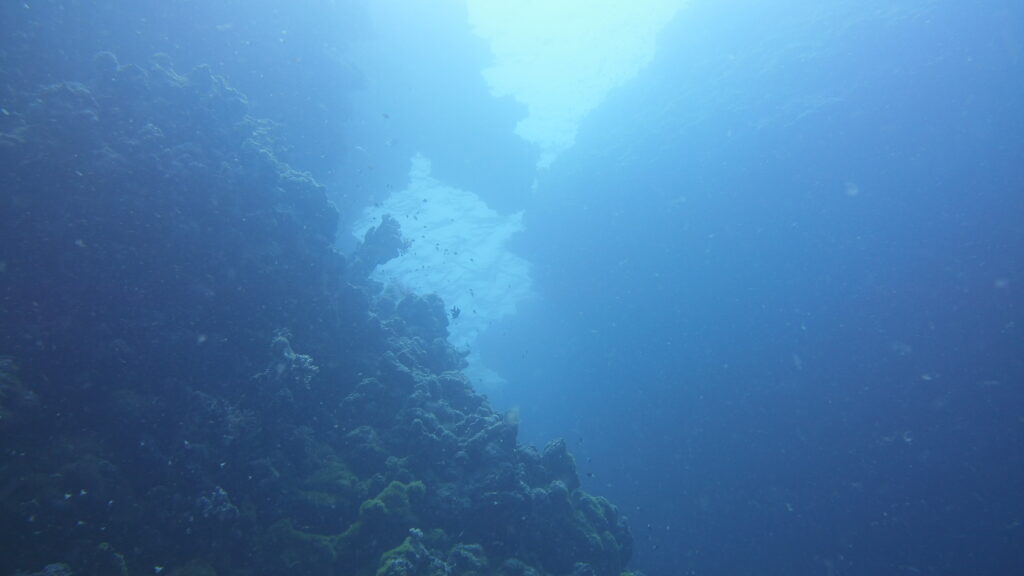
Nitrogen Narcosis
Many experienced divers have felt the effects of what has been called “rapture of the deep” at around 30 meters/100 feet. In many cases, mild nitrogen narcosis is a fairly harmless phenomenon. Narcosis develops primarily as the partial pressure of nitrogen increases; however, it’s thought that several other factors—fatigue, cold exposure, poor visibility, mental stress, high workload—can all contribute to the effects.Signs of nitrogen narcosis can include the following:
- Feeling a false sense of security
- Exercising poor judgment
- Becoming uncoordinated
- Having euphoric feelings, fixations, and anxiety
All symptoms are similar to being drunk on alcohol. The onset of nitrogen narcosis varies from diver to diver and for each diver from day to day. Inadequate hydration and the use of some prescription and recreational drugs—among other things—can worsen symptoms.
What Should You Do When Nitrogen Narcosis Strikes?
Nitrogen narcosis can be “turned down” or “turned off” simply by ascending a few meters—maybe 3 meters/10 feet. Get your buddy’s or dive professional’s attention. Slowly ascend until the feeling subsides while keeping an eye on your buddy or dive professional to make sure he or she is OK and is ascending with you. As with getting drunk, there is a “funny side.” However, nitrogen narcosis should be taken seriously.
Everyone reacts differently, and it is important you are on the lookout for symptoms in yourself and others.
